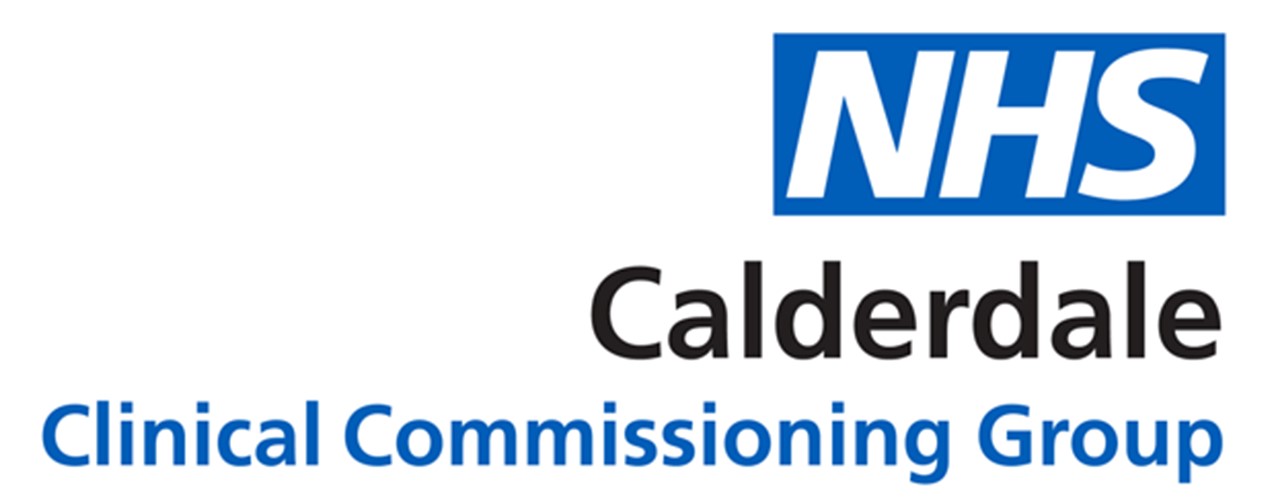The Quest for Quality in Care Homes initiative has involved 1,300 care home residents over the past five years, with multi-disciplinary matron and care home teams working to improve care and prevent emergency admissions. Telecare has played a key role in care plans for residents, and helped us to reduce the number of falls, increasing quality of life and reducing hospital admissions.
Dr Steven Cleasby, Clinical Lead for Care Homes and Safeguarding, NHS Calderdale Clinical Commissioning Group
The Challenge
NHS Calderdale Clinical Commissioning Group’s (CCG) commissioning plan for 2012/13 included a clear objective to establish a more consistent and sustainable model of care for older and vulnerable individuals in Calderdale; a truly person-centred approach which would best meet the needs of people with long-term health and care needs, and help to make efficient use of NHS resources.
How has the Quest for Quality in Care Homes delivered ongoing results, and how has it contributed to managing the risk of falls and mitigating their consequences for care home residents?
What We Did
The Quest for Quality in Care Homes pilot aimed to address the variations in practice across care homes, supporting the delivery of consistent, efficient, proactive care by upskilling and empowering staff. Of the 50 care homes in the area, 38 have taken part in the pilot.
A key focus for the pilot was to reduce admissions to hospital from the residents of care homes, typically for urinary tract infections, respiratory infections, falls and fractures.
The project was implemented in three key phases:
- Access for GPs and Quest Matrons to real time clinical records through the provision of an IT system in the care homes. This enables GPs and Quest Matrons to access their patients’ medical records, enabling ‘joined up’ care and informed decision making.
- Development of telecare and telehealth systems to support prevention, diagnosis and treatment. Technology supports homes to improve the quality of care provided and proactively deliver care to residents to help prevent deterioration of chronic conditions and manage risks such as falls.
- Investment in a Multi-Disciplinary Team (MDT), providing an integrated social and clinical approach to support anticipatory care planning. As part of the Quest for Quality in Care Homes model, NHS Calderdale CCG has commissioned Calderdale and Huddersfield NHS Foundation Trust (CHFT) to provide an integrated professional and clinical Multi-Disciplinary Team.
Highlights
For year two of the pilot 2015/16:
- The cost of hospital stays has reduced, saving £799,561 in a year
- Emergency admissions down 33% year-on-year
- Hospital stays down 26% year-on-year
- Hospital bed days used decreased by 30% year-on-year
- GP care home visits have reduced 45% compared to non-Quest homes
Comparing 2016/17 to 2017/18:
- Admissions to hospital related to falls have reduced by 7.7% saving in excess of £200,000
- 50% of care homes have seen a reduction in falls of at least 10%
- The percentage of falls to total incidents has decreased 2%



